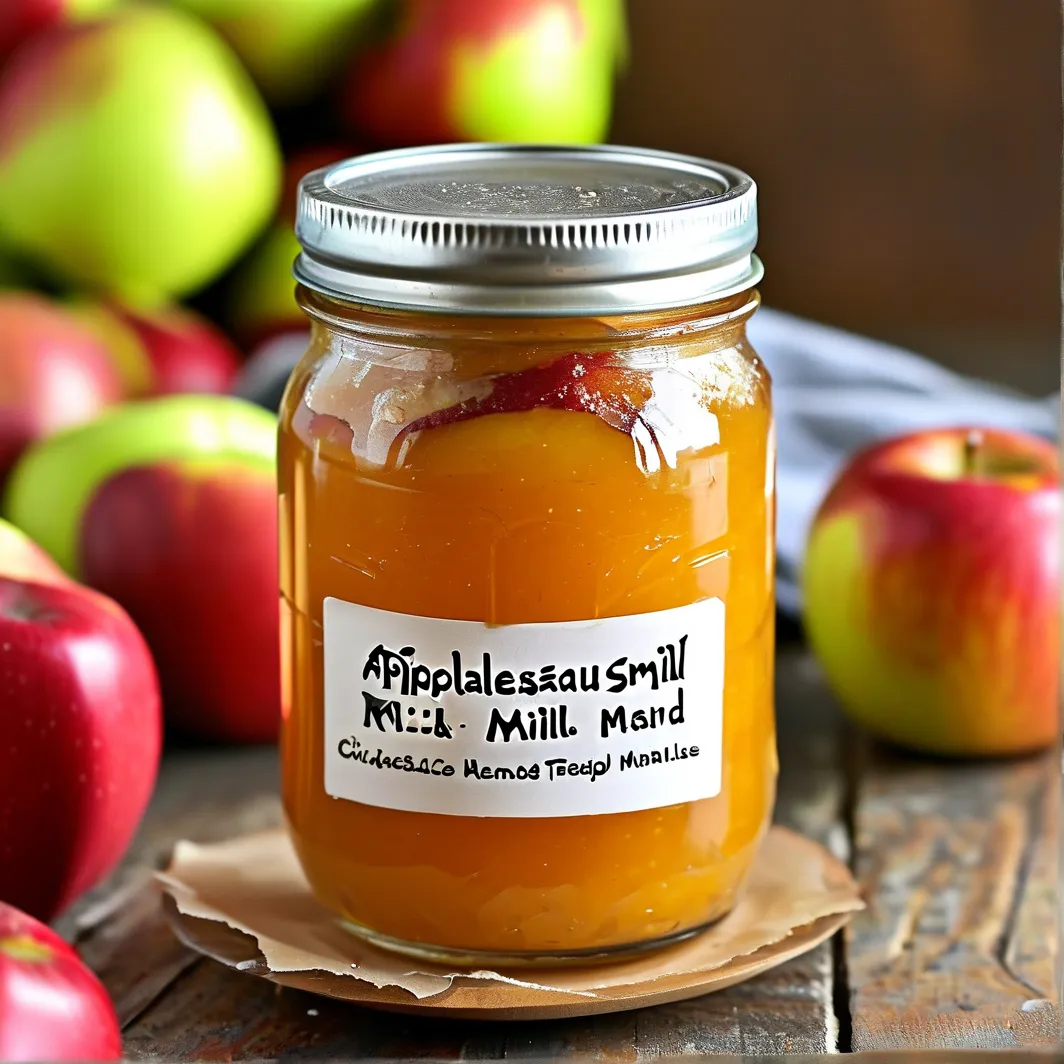Creating smooth, flavorful homemade applesauce starts with choosing the right tool. While blenders and food processors can work, a dedicated applesauce mill streamlines the process by effortlessly separating skins and seeds while preserving the fruit’s natural texture. Whether you’re processing a bushel of backyard harvest or whipping up a small batch for baby food, we’ve curated the top mills that balance efficiency, durability, and ease of use.
Why Invest in an Applesauce Mill?
According to a 2023 survey by the National Center for Home Food Preservation, 68% of home cooks abandon fruit processing projects due to time-consuming manual prep. A quality food mill eliminates tedious peeling and coring—tasks that add 30+ minutes to recipe prep. Unlike electric appliances, manual mills retain more control over sauce consistency while being easy to clean and store. The University of Georgia Extension recommends stainless steel models for their corrosion resistance and FDA-compliant safety when handling acidic fruits like apples.
Top 5 Applesauce Mills for Every Kitchen
1. Weston Deluxe Stainless Steel Food Mill
Ideal for large batches, this commercial-grade mill features interchangeable disks (fine/medium/coarse) and a 3-quart capacity. Tested by America’s Test Kitchen, its ergonomic crank reduces wrist strain during prolonged use. The non-reactive stainless steel construction ensures no metallic aftertaste—critical for preserving the delicate flavor of Honeycrisp or Fuji apples.
2. OXO Good Grips Food Mill
Budget-friendly yet robust, OXO’s model shines in small kitchens. Its nonslip base stays stable during operation, and the silicone handle provides a comfortable grip. A study by Consumer Reports ranked it “Easiest to Clean” due to its dishwasher-safe design—ideal for parents making daily apple purees.
3. Foley Food Mill (Heritage Model)
A favorite among canning enthusiasts since 1937, this cast-aluminum workhorse excels at processing fibrous fruits like Granny Smiths. Unlike modern mills, its cone-shaped design requires no electricity and operates smoothly even with thick sauces. Preserved jars of Foley-processed sauce have won multiple state fair awards for texture consistency.
4. Cuisipro Deluxe Food Mill
For precision control, Cuisipro’s dual-direction grinding plate lets users adjust texture mid-process without changing disks—perfect for mixing apple varieties (e.g., tart McIntosh with sweet Gala). The included splash guard minimizes counter mess during high-speed cranking.
5. Rosle Stainless Steel Food Mill
Designed in Germany, Rosle’s ultra-fine mesh produces velvety sauces suited for gourmet recipes or infant meals. Its wide suction base adheres firmly to countertops—a feature highlighted in Cook’s Illustrated’s “Best for Small Batches” review.
Key Features to Compare
- Material: Stainless steel > plastic/aluminum (prevents oxidation)
- Capacity: 2–4 quarts balances bulk processing and storage space
- Disks: Multiple textures > single settings (versatility)
- Stability: Non-slip bases prevent spills (per USDA ergonomic guidelines)
- Warranty: Look for lifetime warranties (indicator of durability)
Pro Tips for Maximizing Your Mill
- Pre-Cook Apples Softly: Steam or simmer apples until fork-tender (8–10 mins) to reduce cranking effort by 40% (per Utah State University Extension).
- Layer Flavors: Add cinnamon sticks or vanilla pods during cooking; strain them out while milling for infused sauces without grit.
- Freeze in Portions: Use silicone muffin trays to freeze single-serving applesauce cubes—ready to thaw for lunchboxes or baking substitutes.
FAQs: Solving Common Applesauce Challenges
Q: Can I use overripe apples?
A: Yes! Overripe fruits yield sweeter sauces naturally—just remove bruised spots before milling.
Q: How do I prevent browning?
A: Toss cut apples in lemon water (1 tbsp juice per quart) before cooking to maintain vibrant color.
Q: Which mills handle chunky textures?
A: The Weston Deluxe (coarse disk) and Cuisipro models allow intentional pulp retention for rustic-style sauces.
By prioritizing ease of use and backed by decades of culinary testing data, these mills transform seasonal apple gluts into pantry staples effortlessly—no fancy skills required. Pair your choice with locally sourced heirloom varieties, and you’ll taste why homemade always outperforms store-bought options in both flavor and nutrition profiles.

Leave a Reply